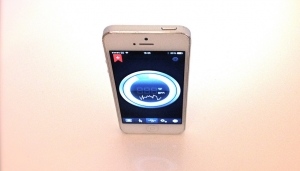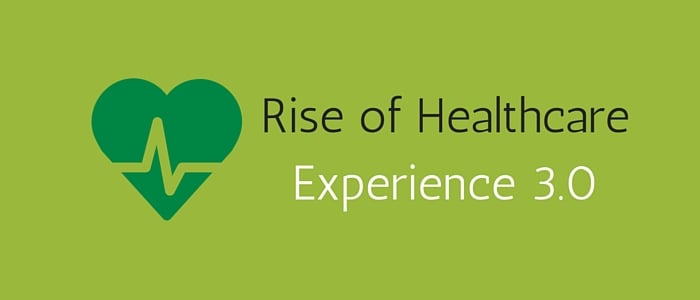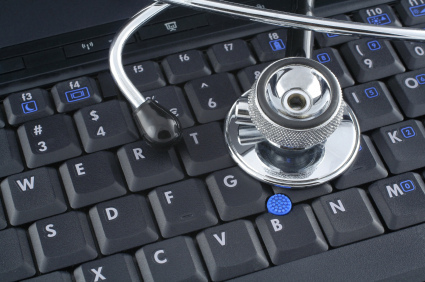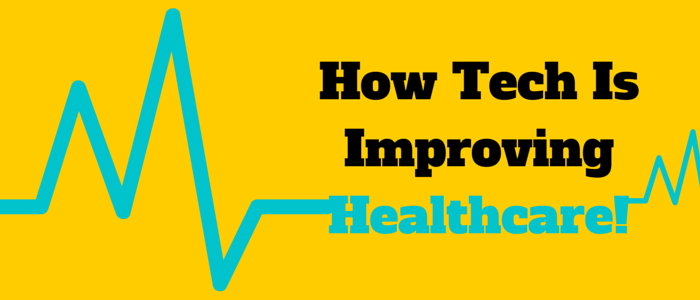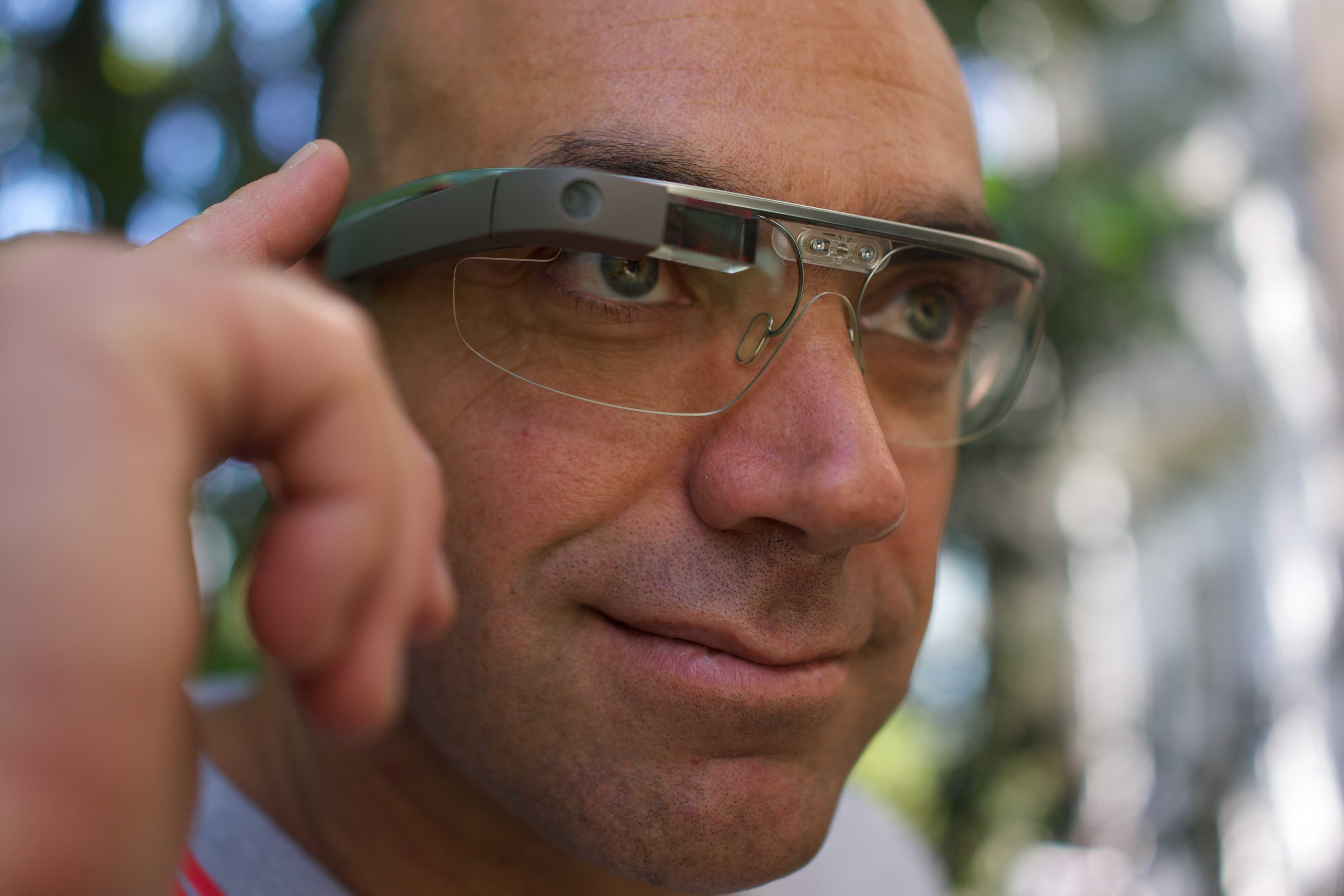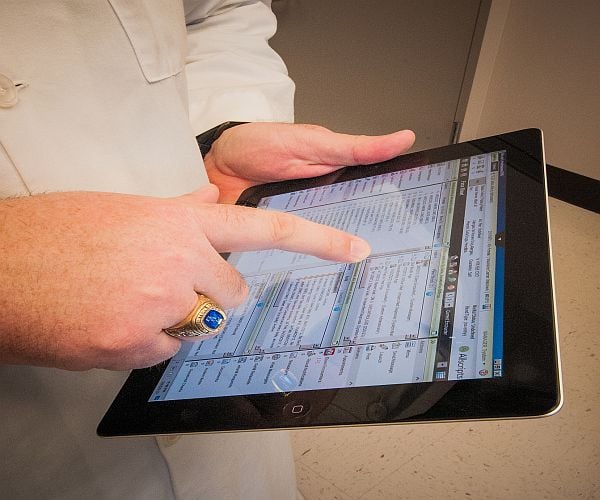A new era in patient engagement has just begun. Better health outcomes, patient care and lower costs are being achieved through one strategy called patient engagement. The concept of patient engagement is increasingly getting acceptance by both healthcare providers and patients. But the core responsibility of patient engagement lies with neither of them.
The key to the patient engagement process is technology. In fact, it is the mix of the three - technology with providers and patients - that leads to better health outcomes. Active involvement of patients in their healthcare leads to better results and lower costs. But for this to happen, it is important that the healthcare providers deliver the right service using the appropriate technology.
Technology, combined with the right services, plays a crucial role in patient activation and engagement. Patient portals, mHealth, remote monitoring services, social media and digital health applications have all been used extensively by patients and providers for engagement.
Patient portals provide a great opportunity for patients to manage their own health. Through patient portals, patients get a 24-hours access to Personal Health Information (PHI) as they are integrated with EHRs (Electronic Health Records). Patient portals help patients to view the entire patient health information from recent doctor visits to lab results. The downside involves difficult to understand medical jargon and use of abbreviations that can confuse the patients, leading to anxiety and uncertainty. More so in the case of elderly patients, where the shorthand used by doctors can be quite baffling and unhelpful.
However, the recent spurt in the number of smartphone users has made mHealth more popular than patient portals. mHealth is improving treatment outcomes and promoting patient engagement globally. Patients are attracted by mHealth and are becoming more active participants in improving their health through different mHealth apps. There are many apps which connect patients directly with doctors. These can be used to share files, communicate and set reminder for medicines. The huge success of health and fitness tracker apps has also changed the mindset of these patients. mHealth can be a potential game changer in patient engagement.
A number of tech giants are already trying to change the face of the healthcare industry, especially the mHealth space. Apple entered the Healthcare market with its HealthKit tool. The company is working to connect this tool with the vendors’ EHR systems. This will help patients and doctors to access data easily, anytime along with boosting patient activation and engagement. Samsung also entered the market with the launch of Galaxy S5 and SHealth. Galaxy S5 has a built-in heart rate sensor and Samsung’s updated S Health app through which you can monitor your cardiovascular health over time, or before, during and after a workout. Recently, Google also unveiled its own Google Fit app.
The demand for mHealth apps is increasing every day. Patient portals will soon be replaced by the more universal mHealth apps. mHealth holds a lot of potential to improve patient outcomes and render cost-effective care.
(Photo: Flickr)

